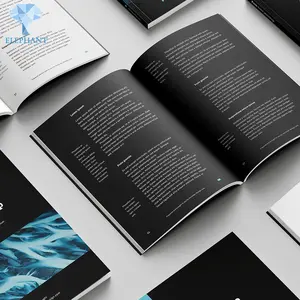Introduction to Classical Notes
The term classical notes refers to the foundational elements of classical music that evoke a deep sense of tradition and emotional connection. These notes represent both the technical precision and the expressive depth found in compositions from renowned composers such as Mozart, Beethoven, and Bach. Understanding classical notes involves not only recognizing the various musical elements but also appreciating how they intertwine to create masterpieces that resonate through the ages.
Types of Classical Notes
Classical notes can be classified into different types based on their roles within compositions:
- Whole Notes: These notes hold a period of four beats, offering a long, sustained sound that serves as a grounding element in orchestral pieces.
- Half Notes: Lasting for two beats, half notes are pivotal in pacing the musical conversation, allowing for dynamic contrasts.
- Quarter Notes: These notes fill the rhythm with energy, lasting for one beat and often developing the motif of the piece.
- Eighth and Sixteenth Notes: Representing shorter durations, these notes add intricacy and excitement to melodies, often creating syncopation and complex rhythms.
Applications of Classical Notes in Music
Understanding the application of classical notes is essential for musicians, composers, and listeners alike. Here are some prominent uses:
- Composing: Classical notes serve as a blueprint for writers to craft symphonies, sonatas, and concertos, distinguishing their melodic and harmonic structures.
- Performance: Musicians rely on classical notes during rehearsals and live performances to convey the intended emotions and dynamics of the piece.
- Music Education: Educators use classical notes to teach foundational music theory, enabling students to explore rhythm, harmony, and melody effectively.
- Music Analysis: Scholars analyze classical notes to understand stylistic elements and historical significance, revealing the evolution of musical language over time.
Features and Advantages of Classical Notes
The richness and complexity found in classical notes contribute to their enduring appeal. Some key features and advantages include:
- Cultural Significance: Classical notes are steeped in cultural history, reflecting the societal values and artistic trends of their time.
- Emotional Expression: These notes have the unique ability to convey a wide range of emotions, from joy to melancholy, allowing listeners to connect on a personal level.
- Structural Foundation: Classical notes form the backbone of many musical genres, influencing modern compositions in jazz, pop, and film scores.
- Timeless Appeal: The universal nature of classical notes ensures their continued relevance, inspiring countless generations of musicians and audiences.















































 Ready to Ship
Ready to Ship




